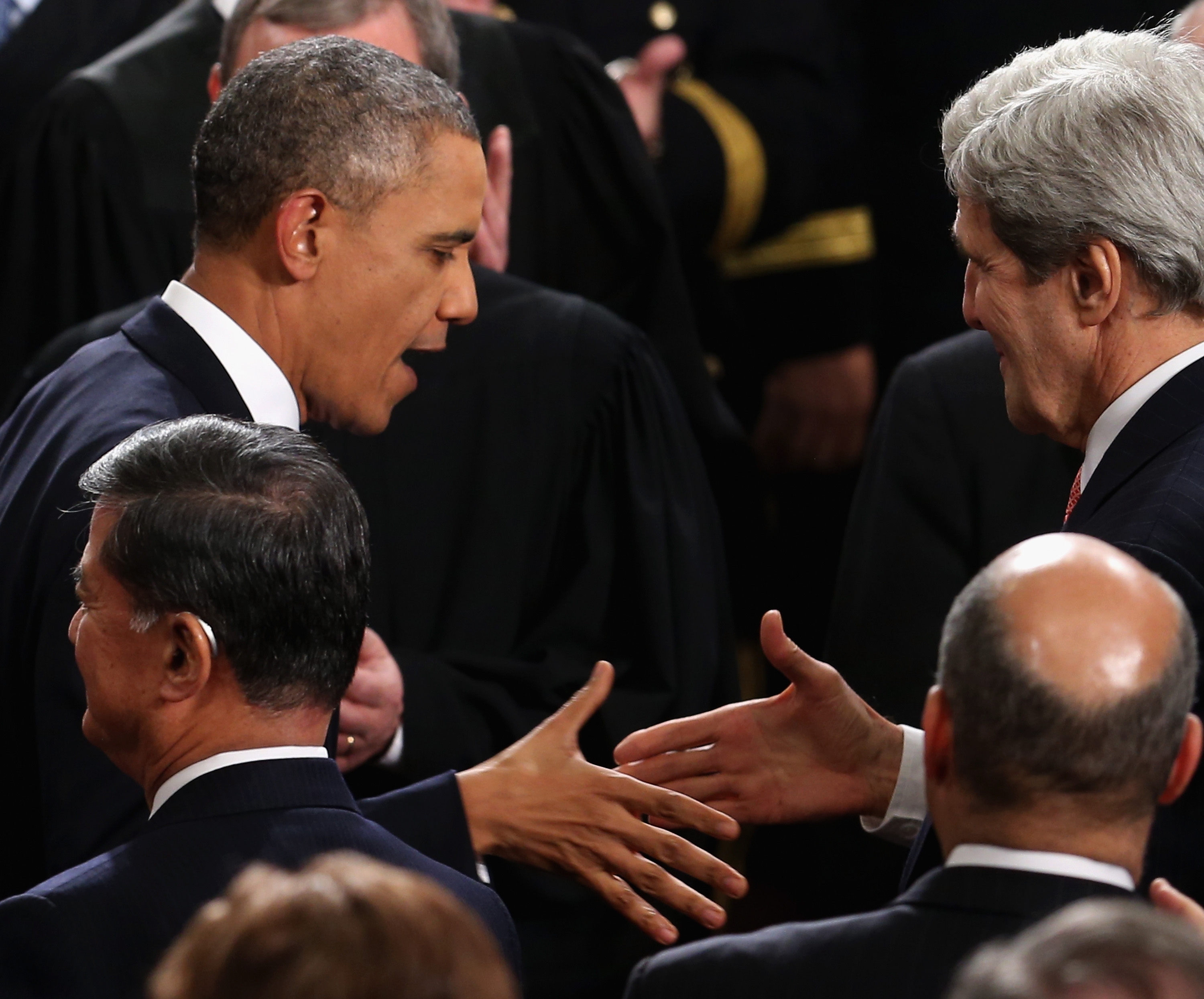
As to whether a president can pardon themselves during a lame duck session, that question has not yet been addressed in the courts. Outgoing president Bill Clinton was widely criticized for issuing 140 pardons at the end of his term. One final power of the president that is often invoked in the lame duck era is granting pardons. The problem the president runs into during the lame duck session is that a lot of times the executive branch isn't around because they’re taking their holiday vacation. Will the new town council be that different from the old one If so, there might be a period where council is a so-called lame duck and will be restricted.

They can issue executive orders and agreements, and they can issue orders to the rest of the executive branch. Presidents have the same powers as during the rest of their administration. What can presidents do during the lame duck session?
#Lame duck period free#
Support Civics 101 with a donation - this work is important, but it's not free to make We saw this in Wisconsin in 2018 when an outgoing GOP congress worked overnight to pass laws limiting the incoming Democratic governor’s power. And while that’s fairly rare on a national level, state and local legislatures also have lame duck sessions, and it’s not uncommon for them to pass laws that are not popular with the public, especially if that state’s House or Senate is going to flip on January 3rd. They can pass unpopular legislation, because their actions are no longer electorally accountable. They would hold pro-forma sessions, where the vice president (as president of the Senate) would take the train to Washington DC, gavel the Senate into session, ask if anyone had Senate business, adjourn, and head back home.īut Congress is not entirely powerless during a lame duck session. To get around this, Congress in the 1970s started never not being around. Also, when the president makes appointments when Congress isn’t in session, they don’t need Senate confirmation. But if they don’t sign it and Congress is not in session, it does not become a law. Before the 1970s, presidents sometimes used their “pocket veto.” If a president doesn’t sign a bill into law and congress is in session, it automatically becomes a law. In the modern era, not a whole heck of a lot.

What can Congress do during a lame duck session?


 0 kommentar(er)
0 kommentar(er)
